David Hellbronn, founder and managing partner of Hellbronn Levy, explains why legal counsel is indispensable from a business's inception and shares common, costly mistakes operators make. We at OysterLink recently sat down with David to talk about legal issues in the hospitality sector.
Please introduce yourself and tell us a bit about your background and your law firm
David Helbraun: My name is David Hellbronn. I am the founder and managing partner of Hellbronn Levy. We are the largest full-service one-stop shop law firm for the F&B industry. We represent restaurants, bars, hotels, chefs, and everything in between.
I'm a 40-year veteran of the industry. I used to work front of the house bartending when I was young. And then I opened up some coffee bars in my 20s and 30s, and I ran and owned some coffee bars in Manhattan. And then, 20 years ago, I started this law firm as my second career.
And I started as a solo, and all my friends were in the restaurant industry. And I was always frustrated as an operator that I had three lawyers. I had a real estate lawyer, a business lawyer, and a liquor license lawyer. And nobody was kind of putting it all together into one firm. So I decided to do that. And 20 years later, we're a 40-person firm and right in the middle of everything in New York City, Miami, and around the country.
How important is it for a restaurant to have a lawyer on their team?
David Helbraun: Lawyers are indispensable, and I say that not just because I am one. We get involved from the very beginning. If you have a business plan and you're ready to go, you come to a lawyer and we help you raise money. We put together investor documents and make sure that's all buttoned up. And then once you raise your money, we help you sign and negotiate a lease, which, as we all know, can be very tricky. After that, we help you file a trademark so you can protect your brand.
Lawyers are going to help you get a liquor license, a health department license, and an outdoor dining license. And once you're ready to open, we'll put together an employee handbook for you and provide management training. So we really are involved in all aspects of pre-opening. And then once you're open, we are your general counsel.
So anything that comes along, whether it's an employee issue, a customer issue, or a vendor issue, we're there for you.
Since you mentioned the lease agreement, I want to get back to it and ask you about something I read on your Instagram: the good-guy guarantee. If you can explain it more, maybe it could be a good example of why it is important to have a legal advisor from the beginning.
David Helbraun: Well, a good guy guarantee is part of a lease, and it's really particular to New York City. We've tried to bring the concept over to other cities with very little luck, and here's how it works. When somebody signs a lease for a new company for a restaurant, the landlord is not going to be satisfied with having that company guarantee the lease. That company has no assets. So they're going to look to the person, Matt, to be the guarantor. So now you're on the hook for 10 years of rent. Scary proposition, especially here in New York City.
So the good guy guarantee says that both the landlord and the tenant are going to be good guys.
And if Matt's going out of business and things aren't going well in year two, he can give the landlord a certain amount of notice, usually like three to six months. And at the end of that three to six months, the landlord will tear up the good guy guarantee. You will be off the hook: you have to return the keys, pay all the rent you owe to that point, and then you can walk away. So it's a way for you to escape this personal liability.
From your experience, what are some of the top legal mistakes that operators or chefs make when building their teams?
David Helbraun: Well, I'd say number one is your partnership agreement. Oftentimes, chefs will go into business with a GM or a friend or some guys with money.
And it's really important to make sure from the start that you, as the operator and the brains behind the concept, have some control. So you don't want to get stuck in a situation where your investor or your partner, who's not nearly as involved as you are, gets to exert control over the company.
So we want to make sure, from day one, that your LLC's operating agreement is set up that way.
Top mistakes are often not legal ones. A lot of times, it's a business mistake.
One of them is —and you've heard this before, I'm sure — people are undercapitalized. So you think a project's gonna cost, say, $500,000, but it ends up costing $800,000. So people oftentimes don't put enough time into their business plan from the start. Really pricing out what every little thing is gonna cost.
Because the last thing in the world you want to do is raise $500,000 and then go back to your investor pool and say, I'm short. They're not going to have confidence in you moving forward, and you're going to be stuck.
So that's a huge problem we see all the time. Another legal issue that we see is that people do not protect their trademarks. So they'll open up a restaurant. They'll call it Matt's Cafe. And Matt's Cafe can't be trademarked because it's too common, it's too generic. And then they want to expand and grow it, but they run into problems. Or they want to open up a Matt's Cafe, don't check to see if the name is already trademarked, and get a letter from a lawyer a couple of months later saying you gotta take your name down.
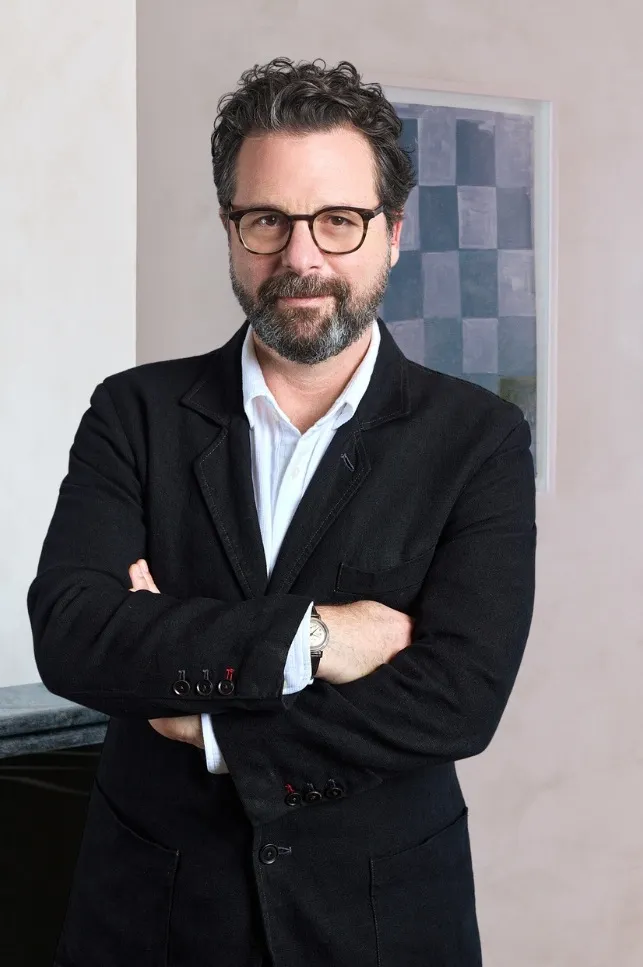
How often do restaurants need legal advice?
David Helbraun: Hopefully not that often, and I really mean that. But oftentimes things come up. For example, it's catering season now. So everybody's interested in getting a really good catering contract for private events. So they'll call us and say, "I really need this," and we'll whip up a private events contract. A lot of things happen with employees.
Wage and hour issues, harassment issues. Those are constant issues in the industry that we're all trying to address, but they come up in business all the time. Sometimes exciting things come to us, like, hey, our restaurant's doing so great. We want to expand. Can you help us figure out how to grow a hospitality group and set ourselves up to open multiple locations? So we can open a CPG arm, enter into an overseas license agreement, and enter into a management agreement with a hotel. So that's the fun part for us.
For a hospitality business to be legally protected, what's the plan?
David Helbraun: Well, you should have a lawyer who understands the hospitality industry. It's a very, very specific industry. And you have to know the norms and customs, and how to navigate them.
And general business attorneys sometimes don't understand the nuances of our industry.
So, find a hospitality firm —Halbron Levy is a great option. And you know, have somebody on board from the time you think that this is going to be something you can actually do and get off the ground.
Have you seen any successful businesses sink because they never handled their legal issues well?
David Helbraun: Sure, it happens all the time. Most often, it happens with partnership problems. So two people start a business together, one of them doesn't show up, maybe there's a substance abuse problem, maybe they just don't like each other, and they don't have an agreement that spells out how to handle these situations.
So you have two partners who are butting heads with no real escape route, and they end up in litigation. Litigation is expensive.
Depending on how that goes, they often end up selling the business. It's not worth it. They don't have the money. We've seen that. We've seen many, many restaurants fold just because of that reason, because partners couldn't get along, and there's no method for them to kind of get one of the people out.
Find available restaurant manager jobs in Miami, or check out more interviews like this brought to you by OysterLink to learn about the industry. You can also get them straight to your email by creating an OysterLink account and joining our newsletter.
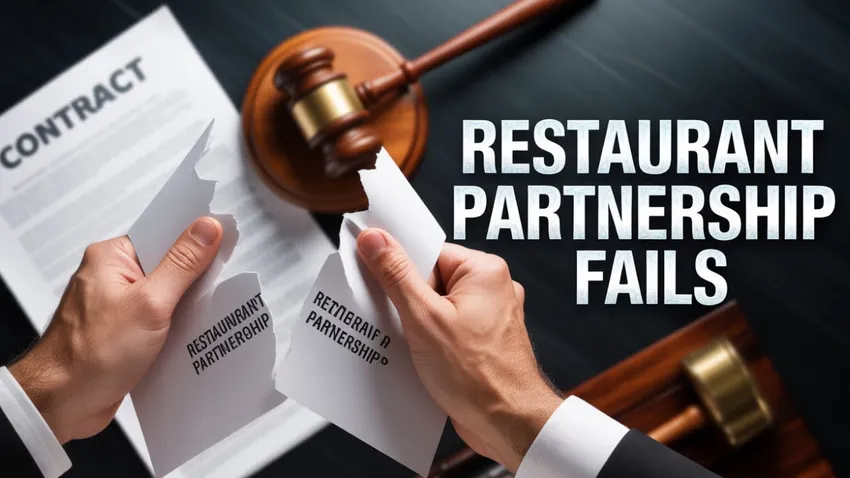
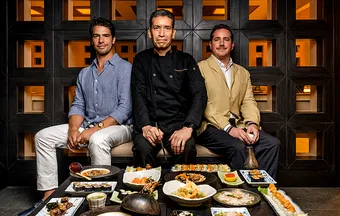
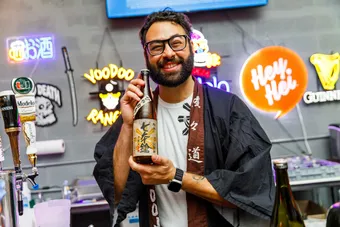
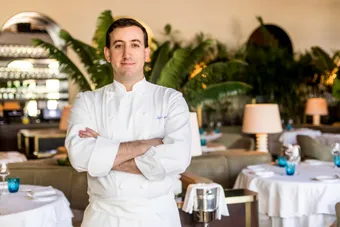
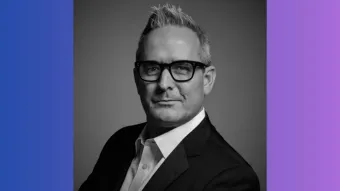
Loading comments...